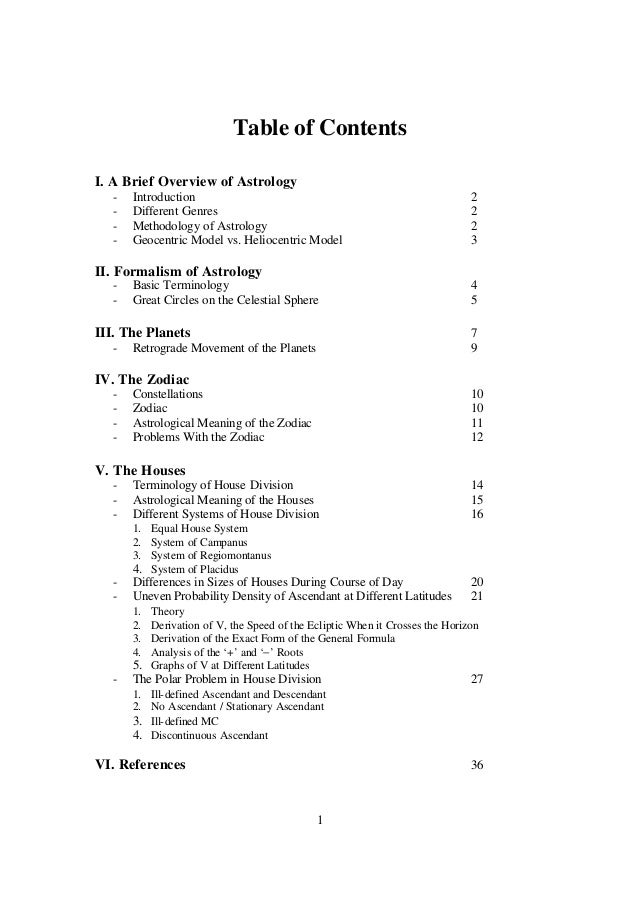

Particular devotion was given to the movements of Jupiter, which they identified with their chief god Marduk, and Venus, associated with Ishtar, their goddess of war and love. The planets of our solar system, which were believed to be the brightest “stars” in the night sky, were most important to them. The Babylonians believed that the Universe was divided into six levels with three heavens, the topmost being a “heaven of stars” which the gods used to communicate with them. How could they understand the will of the gods to predict what would occur in their future?Īstronomy began by serving the Babylonians not as a science but as a part of their religion. As it became a seat of power, Babylonia’s people started to ask questions about their gods and the world around them. From roughly 2300 to 1879 BC, Babylonia grew from a small town to a large city and at last became the capital of an empire. People in the land of Babylonia (Iraq and Syria in modern times) created a large city on the banks of the Euphrates River. The Babylonians: Astrologers and Astronomers Excerpt from a Babylonian Astrology Treatise, opens a new window by The Louvre (Purchase, 1913), Photo by Poulpy, opens a new window / CC By-SA 3.0, opens a new windowĪnd yet, this began to change in the early days of civilization. It was felt there was no need to truly understand them or put them in any kind of order. The heavens above were anyone's guess, and the way things were was just the way the gods had made them.

Thousands of years ago, these things were not widely known.

You also probably know that planets other than our own have moons and the way to test to see whether or not something is true is by experimenting. You know, because you've been told, that the Earth revolves around the Sun.


 0 kommentar(er)
0 kommentar(er)
